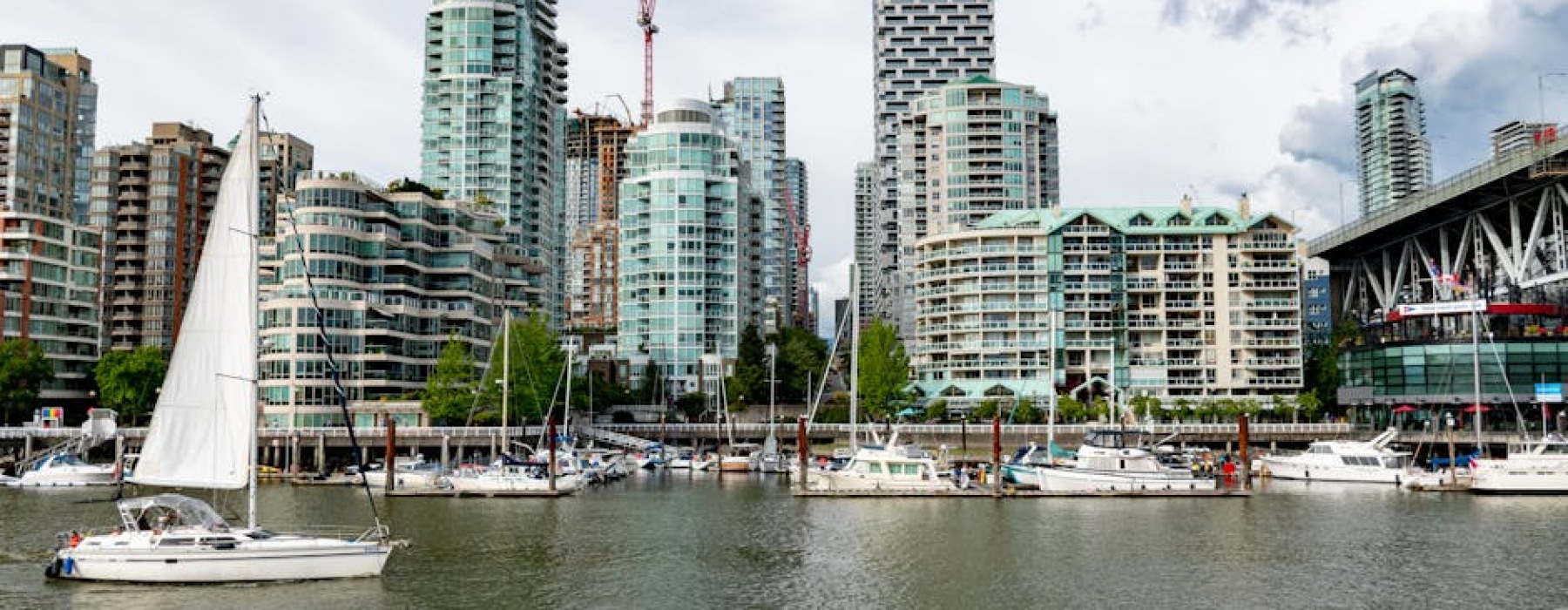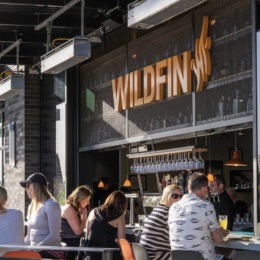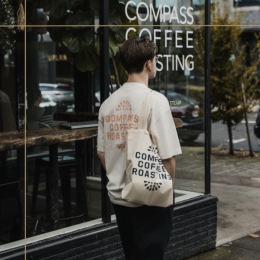Why Vancouver's Rental Market Demands Your Full Attention
Apartments for rent Vancouver are currently experiencing unprecedented demand, with over 336 active listings on major platforms and monthly rents ranging from $2,475 to $4,500 for recent postings. Here's what you need to know right now:
Current Market Snapshot:
- Average Rent: $3,019/month (May 2024)
- 1-Bedroom: $2,671/month average
- 2-Bedroom: $3,628/month average
- 3-Bedroom: $3,775/month average
- Available Units: 2,165 listings across all platforms
- Size Range: 500-1,323 square feet typical
The city has declared a housing crisis despite new regulations targeting offshore ownership and short-term rentals. Vancouver consistently ranks among the world's top cities for quality of life, but this desirability comes with a price tag that exceeds most major Canadian cities.
Finding the right apartment means understanding five key factors: location proximity to transit and amenities, building quality and available features, neighborhood safety and walkability, total monthly costs including utilities, and the application process timeline.
The rental market moves fast here. Properties in desirable neighborhoods like Downtown, West End, and Yaletown often receive multiple applications within days of listing. Success requires preparation, realistic budgeting, and knowing exactly what you're looking for before you start your search.
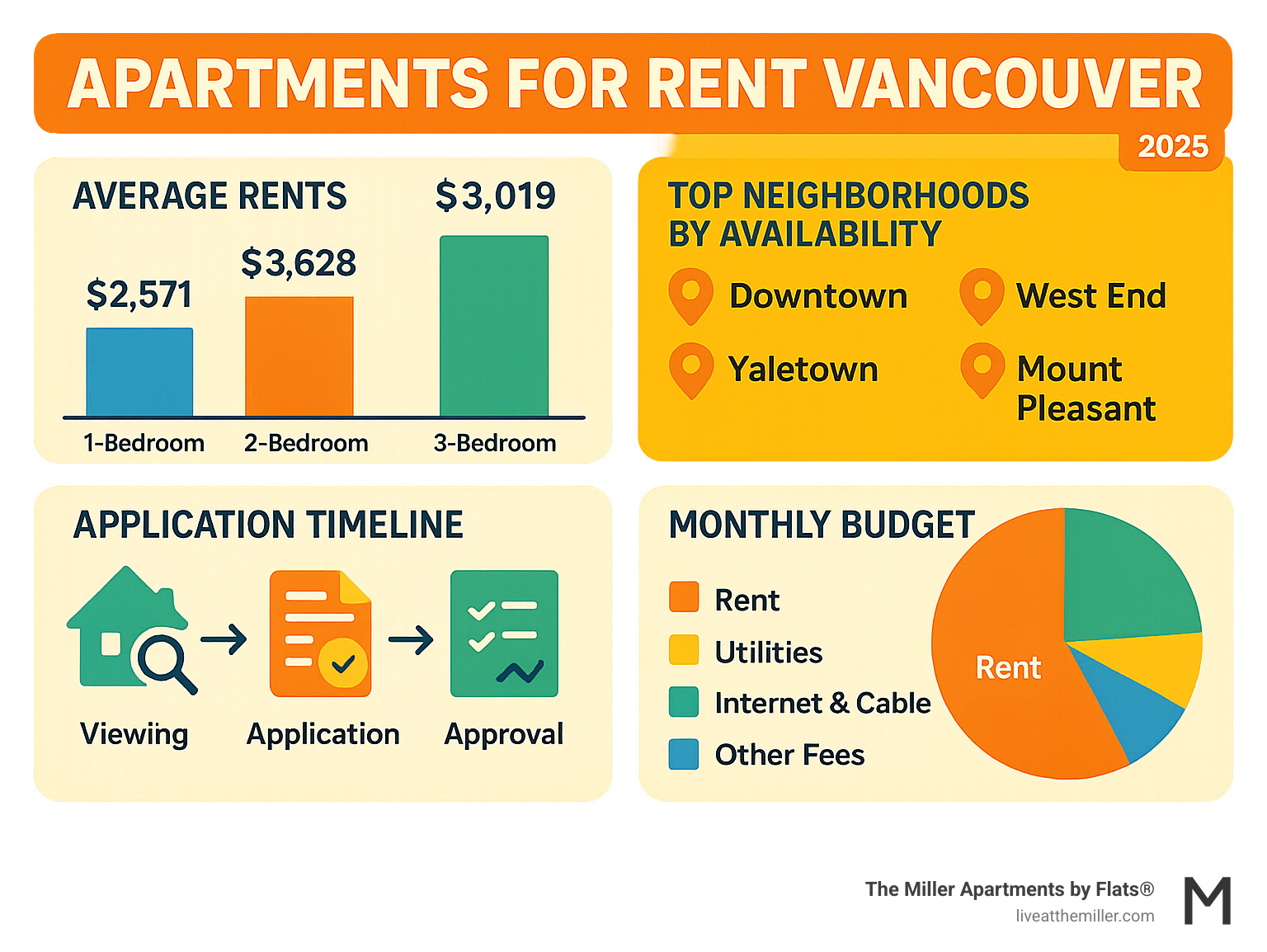
10 Essential Facts Before You Sign a Lease
Searching for apartments for rent Vancouver can feel overwhelming, especially when you're navigating a market that operates by its own unique rules. Understanding these fundamentals before you start your search will save you time, money, and plenty of headaches along the way.
Vancouver's vacancy rates hover around just 1-2%, creating a rental environment where competition is fierce and landlords hold most of the cards. This means that beautiful apartment you spotted online might receive multiple applications within hours of being posted. The tight market also explains why landlords can be incredibly selective about their tenants.
When it comes to rent control, British Columbia does have protections in place, but they only apply to existing tenants. The Residential Tenancy Act caps how much your rent can increase each year once you're settled in. However, when you're looking for a new place, landlords can set the rent at whatever the market will bear - which is why moving frequently becomes an expensive habit in Vancouver.
Most leases run for 12 months, though you'll occasionally find landlords willing to offer month-to-month arrangements at higher rates. Understanding the difference between fixed-term and periodic tenancies is crucial before you sign anything. Fixed-term leases end on a specific date, while periodic tenancies continue month-to-month until either party gives proper notice.
Security deposits are regulated by law - landlords can ask for up to half of one month's rent, plus an additional pet damage deposit if you have furry friends. The good news? These deposits must be returned with interest when you move out, assuming you haven't caused damage beyond normal wear and tear.
Here's something that catches many newcomers off guard: utilities are typically not included in Vancouver rentals. Unlike some other cities where heat and electricity might be bundled into your rent, you'll need to budget an extra $150-250 monthly for utilities, depending on your apartment size and how much you enjoy long, hot showers.
The tight rental market has unfortunately created opportunities for scammers. Red flags include landlords asking for money before you've seen the place, rents that seem too good to be true, and anyone who refuses to meet you in person. Trust your instincts - if something feels off, it probably is.
Government resources are available to help renters steer challenges. The Residential Tenancy Branch offers dispute resolution services, and various programs exist to assist eligible individuals and families with rental costs.
Income requirements are strict - most landlords expect tenants to earn at least three times the monthly rent in gross income. With Vancouver's rental prices, this means your household income should be substantial enough to comfortably cover both rent and living expenses.
Pet policies vary dramatically across different buildings. While BC law prevents landlords from outright banning pets, they can refuse them in strata properties where building bylaws prohibit animals. Pet damage deposits and monthly pet fees are common additional costs to factor into your budget.
Timing your search strategically can make a real difference. Spring and summer months bring increased competition as students and families prefer moving during warmer weather. Winter searches often yield better selection and potentially more negotiating power.
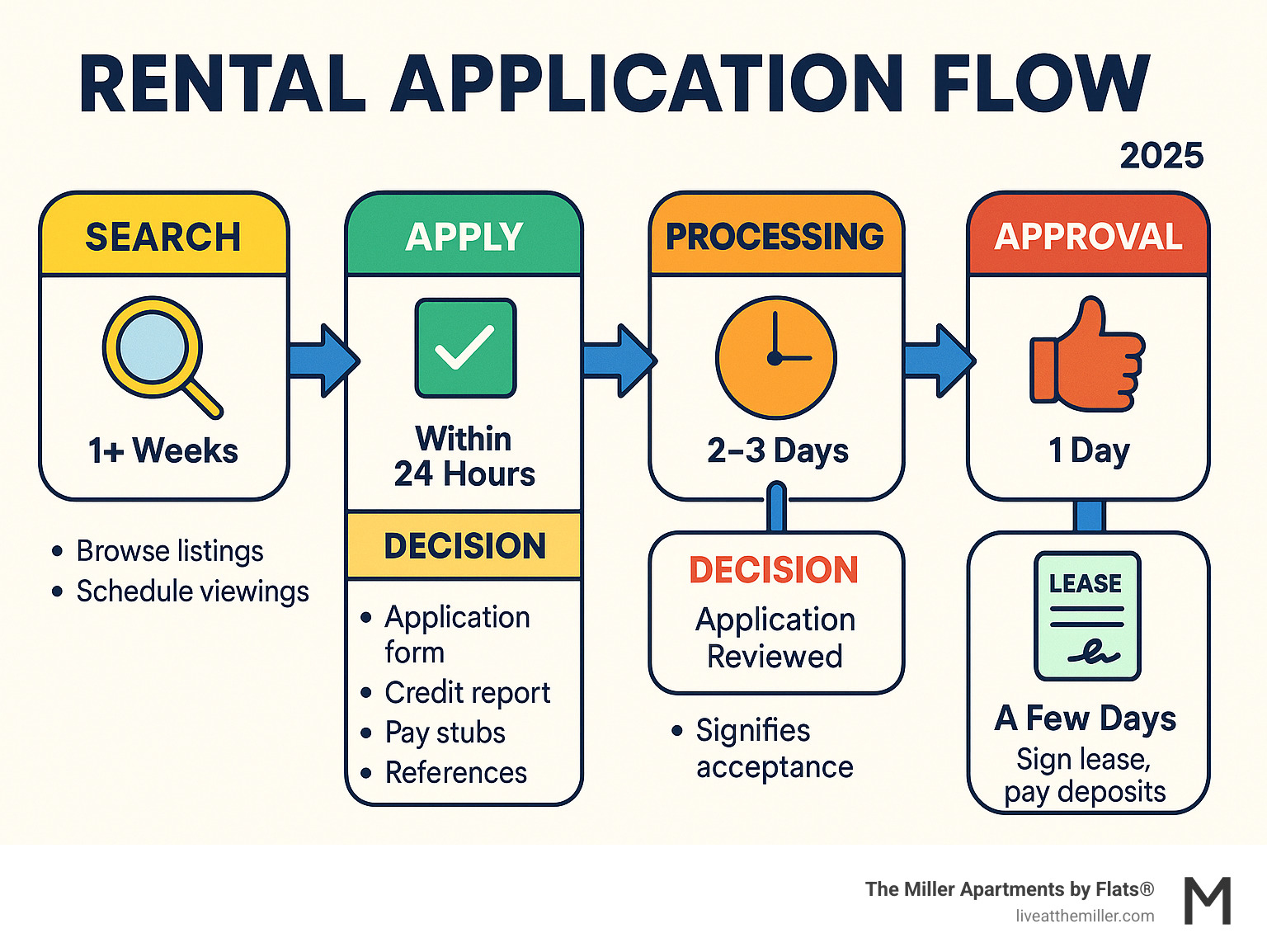
Avoid Sticker Shock
Vancouver's rental market has a sneaky way of surprising newcomers with costs that go far beyond the advertised rent. Understanding the full financial picture upfront helps prevent those uncomfortable moments when you realize you've underestimated your monthly housing expenses.
Application fees typically run $25-50 per application, and in a competitive market, you might need to apply to several places before getting accepted. Credit check fees are another common expense that adds up quickly when you're actively searching.
The upfront costs hit hardest - you'll need first month's rent plus your security deposit ready to go, often totaling thousands of dollars before you even move in. Add utility connection fees and deposits, and you're looking at a substantial initial investment.
Parking deserves special attention in Vancouver. Underground parking spots can add $50-150 monthly to your housing costs, and street parking isn't always a reliable alternative. Storage lockers, move-in cleaning fees, and pet-related costs can push your monthly expenses even higher.
Budgeting tools become essential when navigating Vancouver's rental market. Create a comprehensive monthly budget that includes rent, utilities, parking, insurance, and a buffer for unexpected expenses. While the traditional 30% rule suggests housing shouldn't exceed 30% of gross income, Vancouver's reality often pushes this to 35-40% for many renters.
Rent trends show consistent increases over the past five years, with average annual increases of 3-5% for new leases. Studio apartments have experienced the steepest increases, while larger units have seen more moderate growth patterns.
Spotting Red Flags Early
Protecting yourself from rental scams and problematic landlords requires staying alert and knowing what warning signs to watch for. The competitive market unfortunately creates opportunities for people looking to take advantage of desperate renters.
Verify property ownership through BC Assessment records before sending any money. Never, ever send money before viewing the unit in person - this is the most common red flag that signals a potential scam. Be especially suspicious of rents that seem significantly below market rate, as legitimate landlords rarely undervalue their properties in Vancouver's tight market.
Pressure tactics are another major warning sign. Legitimate landlords understand that renting an apartment is a significant decision and won't pressure you for immediate commitments. Take time to research the property and landlord before making any decisions.
During in-person tours, test all appliances, check water pressure and heating systems, and examine windows and doors for proper sealing. Document any existing damage with photos - this protects you when it's time to get your security deposit back.
Cross-reference listings on multiple platforms and reverse-search property photos to ensure they're not stolen from other listings. Verify the landlord's identity through official property records, and don't hesitate to ask for references from previous tenants when possible.
Best Neighborhoods for apartments for rent Vancouver
Finding the perfect neighborhood feels like finding a hidden gem in Vancouver's diverse landscape. Each area tells its own story through tree-lined streets, busy markets, and unique community vibes that make this city so special.
When searching for apartments for rent Vancouver, the neighborhood you choose shapes your entire living experience. Walkability determines whether you'll need a car for daily errands or can stroll to your favorite coffee shop. Transit access connects you to the rest of the city through SkyTrain lines and bus routes that make commuting painless. Parks and recreation provide those essential green spaces where you can breathe deeply and recharge after busy days.
The nightlife and dining scene varies dramatically from neighborhood to neighborhood. Some areas buzz with trendy restaurants and craft cocktail bars, while others offer cozy family diners and quiet evening walks. Safety statistics help paint the full picture, though Vancouver generally maintains low crime rates across most residential areas.
Downtown & West End: apartments for rent Vancouver hotspots
The heartbeat of Vancouver pulses strongest in Downtown and the West End, where glass towers meet ocean views and urban energy never sleeps. These neighborhoods represent the gold standard for apartments for rent Vancouver, offering that perfect blend of sophistication and convenience.
Downtown's high-rise living puts you at the center of everything. Modern towers stretch toward the sky, filled with amenities that make everyday life feel luxurious. Think fitness centers that rival expensive gyms, concierge services that handle your packages and dry cleaning, and rooftop gardens where you can watch sunsets paint the mountains pink.
The West End tells a different story while staying connected to downtown's energy. Here, the famous Seawall becomes your backyard – a stunning pathway that hugs the coastline and connects you to English Bay Beach. Tree-lined streets create intimate neighborhoods where you might actually know your neighbors' names.
Condo amenities in these areas often include 24-hour concierge services, swimming pools with city views, underground parking that keeps your car safe from Vancouver's rainy seasons, and pet-friendly policies that welcome your four-legged family members. Many buildings feature storage lockers for bikes and seasonal gear, plus rooftop terraces perfect for entertaining friends.
The transportation benefits make car ownership optional rather than essential. Multiple bus routes crisscross the area, SkyTrain stations provide quick connections across the region, and most daily needs stay within walking distance.
Emerging Areas: wallet-friendly apartments for rent Vancouver seekers
Smart renters are finding Vancouver's emerging neighborhoods, where your money stretches further and community character runs deep. These areas offer the perfect combination of affordability and potential, with exciting developments on the horizon.
Renfrew-Collingwood buzzes with multicultural energy that makes every street corner an trip. The neighborhood's diverse dining scene spans continents – you might grab Vietnamese pho for lunch and Ethiopian injera for dinner. Community centers anchor the area with programs for all ages, while parks provide green spaces for weekend relaxation.
Marpole sits strategically near the airport and Richmond connections, making it ideal for frequent travelers or those working in tech. The area blends older apartment buildings with character and new developments with modern amenities. Parks dot the landscape, and highway access makes exploring the region effortless.
The River District represents Vancouver's newest vision of community living. This planned neighborhood near the Fraser River emphasizes sustainability and family-friendly design. Modern amenities integrate with natural spaces, creating a living environment that feels both contemporary and connected to nature.
Future SkyTrain connections will transform these areas, bringing rapid transit access that currently exists only in downtown cores. Infrastructure improvements including new community centers and commercial developments promise to improve livability while potentially increasing property values.
Affordable Pet-Friendly Apartments
Family-Friendly Pockets
Families searching for apartments for rent Vancouver find their sweet spot in neighborhoods that balance urban amenities with child-friendly features and strong school systems. These areas understand that raising kids in the city requires thoughtful community design.
Kitsilano stands out as Vancouver's family favorite, where beach access means weekend sandcastle building and summer swimming lessons. The neighborhood's community centers become second homes for families, offering everything from toddler programs to youth sports leagues. School zones in Kitsilano consistently rank among the city's best, with programs that challenge and nurture young minds.
Parks and playgrounds pepper these family-friendly areas, providing safe spaces where children can run freely while parents connect with other families. Community facilities extend beyond basic amenities to include libraries with story times, recreation centers with family swim sessions, and cultural programs that celebrate the city's diversity.
Understanding school catchment areas becomes crucial when evaluating potential neighborhoods. Vancouver's school system varies significantly by location, with some areas offering specialized programs in arts, sciences, or languages that might align with your family's interests.
Average Rent, Budget Hacks & City Comparisons
The reality of Vancouver's rental market hits differently when you see the numbers laid out. Apartments for rent Vancouver command premium prices that reflect the city's desirability and limited supply.
Current market rates paint a clear picture: Studios start around $2,300 monthly, while one-bedroom units typically run $2,700. Two-bedroom apartments jump to $3,800, and three-bedroom spaces reach $4,800. These figures represent the new normal in a city where demand consistently outpaces supply.
Square footage costs tell another story entirely. Most Vancouver apartments range from $3.50 to $5.50 per square foot, with premium locations and newer buildings pushing the higher end. Older buildings and emerging neighborhoods offer better value, but even these "deals" reflect the city's overall market premium.
Comparing Vancouver to other major Canadian cities reveals just how expensive the market has become:
| City | 1-Bedroom | 2-Bedroom | 3-Bedroom |
|---|---|---|---|
| Vancouver | $2,700 | $3,800 | $4,800 |
| Toronto | $2,400 | $3,200 | $4,200 |
| Calgary | $1,800 | $2,400 | $3,200 |
Smart roommate strategies can dramatically reduce individual costs. Many renters share two or three-bedroom units to access better neighborhoods and building amenities while splitting expenses. This approach often provides access to premium locations that would otherwise be financially out of reach.
Government assistance programs exist for those who qualify. BC Housing offers rental assistance programs including the Rental Assistance Program (RAP) and Housing Priority Registry for subsidized housing. These programs can provide crucial support for eligible individuals and families navigating Vancouver's expensive market.
Utility expenses add another layer to monthly costs. Budget between $150 and $250 monthly for electricity, gas, internet, and basic services in a typical Vancouver apartment. Energy-efficient buildings and conservation habits can help keep these costs manageable.
Find more Vancouver apartments
Stretch Your Dollar
Making your rental budget work in Vancouver requires creativity and strategic thinking about housing costs versus lifestyle benefits.
The traditional 30% rule suggests spending no more than 30% of gross income on housing, but Vancouver's reality often pushes this to 35-40% for many renters. The key is understanding your complete financial picture, including savings goals, transportation costs, and other lifestyle expenses.
Move-in incentives can provide significant savings during slower rental periods. Some landlords offer reduced security deposits, free parking for initial months, or utilities included temporarily. These incentives might save hundreds of dollars upfront and help offset Vancouver's high entry costs.
Furnished versus unfurnished apartments present different value propositions. Furnished units command premium rents but eliminate furniture purchase and moving costs. Calculate the total cost difference over your expected lease term to determine which option provides better value for your situation.
Timing your search strategically can uncover opportunities. Properties that have been on the market longer than average may offer more negotiation room, and winter months sometimes provide better selection with less competition from other renters.
Building amenities can replace expensive gym memberships, coworking spaces, or entertainment costs. A building with a fitness center, communal spaces, and wellness amenities might justify higher rent when you factor in the services you're getting included.
Step-by-Step Process & Your Rights
Successfully securing a Vancouver apartment requires understanding the rental process and knowing your rights as a tenant under British Columbia law.
The Complete Rental Process:
Property Viewing: Schedule appointments promptly, as desirable units receive multiple viewing requests quickly. Prepare questions about building policies, utilities, and neighborhood features.
Application Submission: Complete applications immediately after viewing if interested. Include all required documents and references to avoid delays.
Credit and Reference Checks: Landlords typically conduct credit checks and contact previous landlords. Ensure your references are available and prepared to respond quickly.
Lease Agreement Review: Carefully read all lease terms, including rent amount, lease duration, pet policies, and maintenance responsibilities.
Security Deposit and First Month: Prepare to pay the security deposit (maximum half-month's rent) plus first month's rent upon lease signing.
Move-In Inspection: Document the unit's condition with photos and written notes. Both tenant and landlord should sign the inspection report.
Your Rights Under BC Law: The Residential Tenancy Act protects tenants from unfair practices, limits rent increases, and provides dispute resolution mechanisms. Key protections include limits on security deposits, requirements for proper notice before entry, and procedures for addressing maintenance issues.
Important Timelines:
- Landlords must provide 24 hours notice before entering (except emergencies)
- Rent increases require three months written notice
- Tenants need one month notice to end month-to-month tenancies
- Dispute resolution applications must be filed within specific timeframes
Pet-Friendly Apartments in Vancouver
Paperwork Checklist
Successful rental applications require complete documentation. Prepare these items before beginning your search:
Essential Documents:
- Government-issued photo identification
- Employment letter stating position, salary, and employment duration
- Recent pay stubs (typically 2-3 months)
- Bank statements showing financial stability
- Previous landlord references with contact information
- Personal references (non-family members)
- Credit report (optional but helpful)
Additional Items for Specific Situations:
- Student status verification and guarantor information
- Self-employment income documentation
- Immigration status documents for newcomers
- Pet vaccination records and references
Know Your Power
Understanding tenant rights empowers you to make informed decisions and address issues that may arise during your tenancy.
Residential Tenancy Act Key Points:
- Landlords cannot discriminate based on protected characteristics
- Rent increases are limited and require proper notice
- Tenants have the right to quiet enjoyment of their rental unit
- Maintenance and repair responsibilities are clearly defined
- Dispute resolution services are available for conflicts
Rent Increase Limitations: Annual rent increases are capped at a percentage set by the provincial government, typically 2-3%. Landlords must provide three months written notice and use official forms.
Maintenance and Repair Duties: Landlords must maintain properties in good repair and respond to maintenance requests within reasonable timeframes. Tenants are responsible for cleanliness and minor maintenance tasks.
Frequently Asked Questions about apartments for rent Vancouver
What documents do I need?
The standard documentation package includes government-issued photo ID, employment verification letter, recent pay stubs, bank statements, and landlord references. International students and newcomers may need additional documents like study permits, guarantor information, or immigration status verification.
Prepare multiple copies of all documents and consider creating a digital folder for quick email submissions. Having complete documentation ready demonstrates seriousness and can speed up the application process in competitive situations.
How can newcomers secure a place quickly?
Newcomers face unique challenges in Vancouver's rental market but can improve their chances through preparation and flexibility. Consider temporary accommodations initially while searching for permanent housing, as this allows time for in-person viewings and relationship building with potential landlords.
Strategies for Newcomers:
- Offer larger security deposits to demonstrate financial commitment
- Provide international credit reports and employment verification
- Consider furnished apartments initially to reduce move-in complexity
- Network through community organizations and social media groups
- Be flexible about neighborhoods and unit types during initial search
What's the outlook for 2025 rents?
Vancouver's rental market outlook for 2025 indicates continued strong demand with moderate supply increases from new developments. Several factors will influence rent trends:
Demand Drivers:
- Continued population growth and immigration
- Economic recovery and employment growth
- University enrollment and student housing needs
- Limited homeownership affordability driving rental demand
Supply Factors:
- New apartment construction in emerging neighborhoods
- Government initiatives to increase rental housing supply
- Conversion of some short-term rentals back to long-term market
- Purpose-built rental developments coming online
Projected Trends: Rent increases will likely continue but at a more moderate pace than previous years, with new supply helping to stabilize some neighborhoods. Premium locations will maintain strong demand and higher rents, while emerging areas may offer better value as infrastructure improvements are completed.
Conclusion
Finding the perfect apartments for rent Vancouver doesn't have to feel overwhelming when you know what to expect. The city's rental market moves fast, but prepared renters who understand the process consistently find homes that match their needs and budgets.
Vancouver's appeal goes far beyond its stunning mountain and ocean views. The city offers a lifestyle that balances urban sophistication with outdoor trip, world-class dining with neighborhood charm, and career opportunities with quality of life. This combination keeps demand strong and makes the effort to find the right apartment worthwhile.
The key to success lies in preparation and realistic expectations. Having your paperwork ready, understanding neighborhood differences, and knowing your true budget creates a foundation for confident decision-making. When you find a property that fits your criteria, you'll be ready to act quickly in this competitive market.
Modern developments throughout Vancouver emphasize resident experience through thoughtful amenities and community-focused design. Wellness-centered living has become a priority, with buildings offering fitness centers, spa services, and spaces that encourage connection with neighbors.
The Miller Apartments represents this evolution in Vancouver living. Located in the vibrant Waterfront neighborhood, it blends the area's industrial heritage with contemporary luxury. The building's unique combination of day spa services, fitness facilities, and coworking spaces creates an environment where residents can work, relax, and connect without leaving home.
Whether you're new to Vancouver or ready for a change of scenery, finding the right apartment is about more than just four walls. It's about finding a place where you can build the life you want in one of the world's most beautiful cities.
The investment in time and research pays off when you find an apartment that truly feels like home. Vancouver's rental market may be competitive, but the reward of living in this incredible city makes every step of the process worthwhile.
